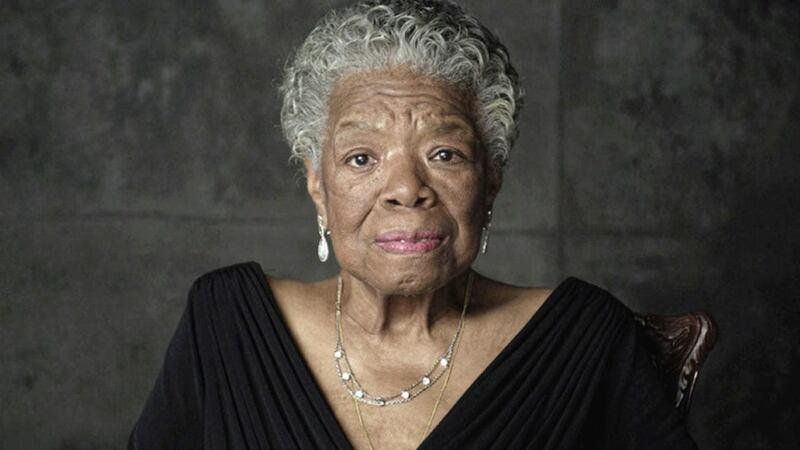The whole world seems upside down. It’s like a painting by the strange surrealist Salvador Dali. Look at the ocean floating in the sky.
Schools of silver barracuda jet through blue to the world’s airports. Shoals of seagulls scavenge noisily like bottom-feeding dogfish. Thousands of starlings wash around in magnificent watery murmurations.
Waves of white-peak clouds roll in on tides of shimmering winter sunlight. Commercial corals swallow shorelines and riversides with awkward glass apartments and angled furniture, breaking up old communities into homeless drifts of plankton. Dregs of fish and chips litter the salt and vinegar sea of poisonous plastic. (Even the angelfish hides her haloed wings from heaven’s shine.)
Disorder seems everywhere today. Everything seems surreal. Nothing adds up, nothing makes sense. Nothing’s predictable right now.
The pieces are all there, but the picture across these islands – and planet – is muddled. Stability shattered, divisions increasing, conflicts bubbling. Negativity seems to be affecting everyone.
And yet perhaps there is more order to this period of human evolution than first appears. Perhaps the turmoil is erupting from civilisation regenerating itself.
And maybe, just maybe, part of the problem currently lies in how we each perceive – and receive – the world around us, both in private hearts and public life.
In the words of Maya Angelou: “If you don’t like something, change it. If you can’t change it, change your attitude.”
So what is the right attitude for a life and a society that can’t be changed in this very moment by most of us?
Well, the first thing is that our perceptions and descriptions can frame our realities. If we call everything disorder, then that can become a self-fulfilling prophecy. If we describe our social relationships as broken, then that is why they will break. If our words and actions close doorways on light, then all we’ll see is darkness.
That’s why we need to believe – with absolute conviction – that everything changes positively, at some point and in some way, and then we need to work effectively at influencing life’s change processes. (For, this too shall pass.)
Crucially, we need to search out alternative attitudes and fresh views that have neither created nor intensified the current atmosphere of social suffocation.
This is a time to stimulate progressive independent thought, to hear the heresies, to absorb the alternatives, to contemplate the challenges that unpick our own inherited doctrines and inherent dogmas.
And with more open-mindedness, things may then not be as upside down as they first appear.
At one end of history’s spectrum of independent insight, Leonardo da Vinci’s remarkable renaissance enlightenments (some of which are currently displayed at the Ulster Museum) were hundreds of years ahead of their time, in an era when public and political consensus insisted the earth was totally flat.
At completely the other end, there’s the quirky world view of a tipsy Chief Brody in ‘Jaws’: “It’s only an island if you look at it from the sea.”
Our genius as human beings lies in our ability to rationally adapt, to reframe, to rethink, to reimagine, to reform, to retrain, to regenerate our perspectives and attitudes and actions. And our innate duty is always to do so, in every aspect of life. Otherwise we waste our full potential. Too often we only reassess our approaches to new beginnings in the face of mortal endings, close tragedies or deaths.
If we personally stand still or go backwards in life, or let fears rule our futures, then we don’t live out our gifts. Likewise with society.
Recent years have witnessed various agendas seeking to build large consensus blocs around big ideas in society and politics across these islands. Public participation is good. But groupthink is not.
That’s why we all need to champion the progressive value of independent thought and the voices of independent thinkers; individuals who see the same things as ourselves but who view them very differently.
And if their dreams and ideas aren’t realistic or attractive to the rest of us, then maybe sometimes the problems lie with us, and our attitudes – not with them and their thoughts.
Enlightenment comes from such engagement.
You see, sometimes the ocean does actually float in the sky, even if it’s only in a painting of words to describe a Dali-like surrealist landscape.
The power of independent thought can help us see conventional normalities with depth and difference. That applies whether it’s in political, public or even personal life.
We are all frequently guilty of listening only to what we like. But we also need to start hearing a lot more of independent thought. And we need to start unlocking some of our more fixed mindsets with much fresher outlooks.








